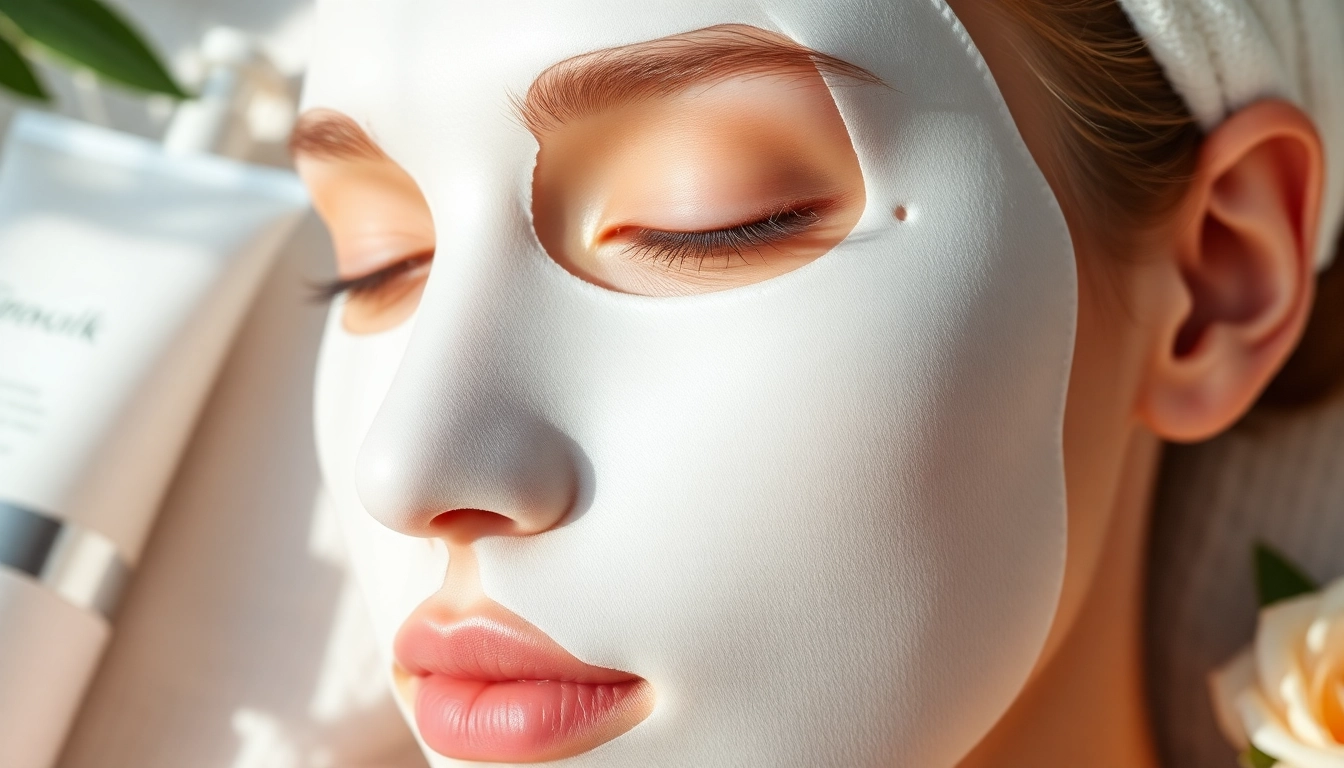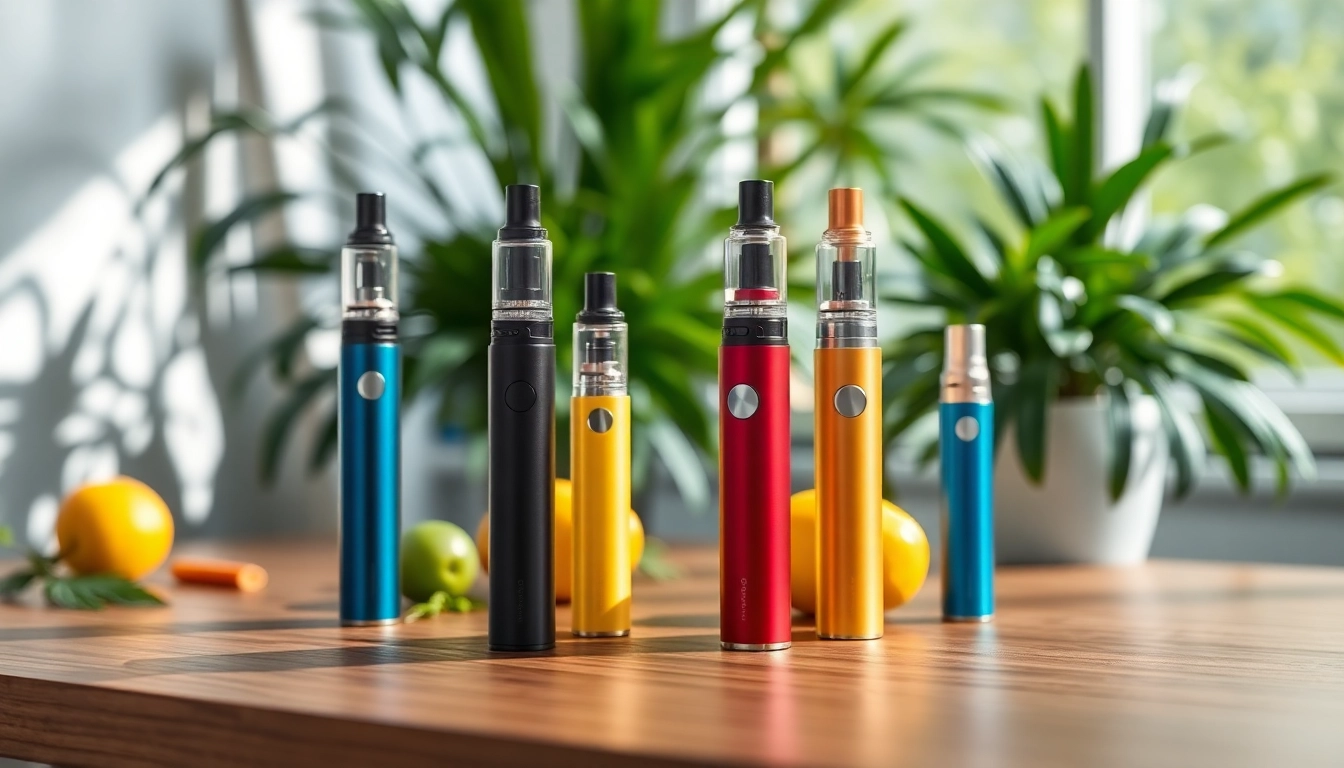Understanding Sheet Masks: Benefits and Types
What is a Sheet Mask?
Sheet masks are pre-cut facial masks made of a thin, cotton or hydrogel sheet soaked in a serum or essence loaded with skin-benefiting ingredients. Designed to fit snugly over the contours of your face, they provide a convenient way to deliver hydration, nourishment, and various other benefits directly to the skin. The sheet creates an occlusive barrier, allowing the serum to penetrate deeper into the skin compared to traditional skincare products. This innovative skincare treatment has gained immense popularity, transforming the way we think about skincare routines.
Benefits of Using Sheet Masks
Using sheet masks has become a staple in many skincare regimens, and for good reason. Here are some of the key benefits:
- Intensive Hydration: Sheet masks are primarily formulated to provide deep hydration. The concentrated serums within them help replenish moisture levels swiftly, making them perfect for dry or dehydrated skin.
- Convenience: Unlike traditional masks that may need to be mixed or applied in a messier form, sheet masks are ready to use. They are portable and easy to apply, making them an excellent choice for travel or a quick skincare boost.
- Targeted Treatment: With various formulations available, sheet masks can address specific skincare concerns such as acne, dullness, or uneven skin tone. This allows users to target their unique skin needs effectively.
- Soothing Properties: Many sheet masks contain ingredients that soothe and calm irritated skin, making them ideal for sensitive skin types or post-sun exposure.
- Multitasking Benefits: Some sheet masks combine multiple benefits, such as brightening and hydrating, thus delivering a well-rounded care in one treatment.
Different Types of Sheet Masks
There is a vast array of sheet masks on the market today, each designed to suit various skin types and concerns. Here are some popular types:
- Hydrating Masks: These usually contain hyaluronic acid or glycerin to provide intense moisture.
- Brightening Masks: Formulated with ingredients like Vitamin C and niacinamide, these masks target hyperpigmentation and uneven skin tone.
- Anti-Aging Masks: Ingredients such as peptides and collagen work to reduce the appearance of fine lines and improve skin elasticity.
- Purifying Masks: Often infused with charcoal or clay, these masks are designed to detoxify and draw out impurities from the skin.
- Calming Masks: Featuring soothing ingredients like aloe vera, chamomile, or Centella Asiatica, they are great for sensitive or irritated skin.
Selecting the Right Sheet Mask for Your Skin Type
Identifying Your Skin Type
Understanding your skin type is crucial for selecting an effective sheet mask. Here’s a quick reference:
- Oily Skin: Typically shines due to excess oil, has enlarged pores, and is prone to breakouts.
- Dry Skin: Feels tight, may show flaky patches, and often requires additional hydration.
- Combination Skin: Exhibits both oily and dry tendencies in different areas, often with an oily T-zone.
- Sensitive Skin: Easily irritated, may react with redness or inflammation when exposed to harsh products or environmental factors.
Recommended Sheet Masks for Oily Skin
If you have oily skin, the key is to reduce excess oil while hydrating. Look for sheet masks containing:
- Salicylic Acid: Helps to control oil production and clear pores.
- Tea Tree Oil: Known for its antibacterial properties, it can prevent breakouts.
- Charcoal: Excellent for detoxifying and absorbing excess oil.
Best Sheet Masks for Dry and Sensitive Skin
For those with dry or sensitive skin, choosing a sheet mask that provides nourishment without causing irritation is paramount. Look for masks with:
- Hyaluronic Acid: A powerful hydrator that attracts moisture and plumps the skin.
- Aloe Vera: Known for its soothing and calming properties.
- Chamomile: Effective in reducing redness and inflammation.
How to Use Sheet Masks Effectively
Preparation Before Application
To maximize the efficacy of your sheet mask, follow these preparatory steps:
- Cleansing: Start with a gentle cleanser to remove dirt, oil, and makeup. This allows the ingredients in the sheet mask to penetrate more effectively.
- Toning: Use a toner to balance your skin’s pH and enhance absorption.
- Exfoliating: For optimal results, consider exfoliating the skin, as this removes dead skin cells that can block the absorption of beneficial ingredients.
Step-by-Step Application Process
Applying a sheet mask isn’t just about laying it on your face; proper techniques can enhance its benefits:
- Remove the Mask: Take the sheet mask out of its packaging and gently unfold it, being careful not to rip it.
- Align the Mask: Position the mask on your face, aligning it with your eyes, nose, and mouth. Ensure it adheres well to the skin contours.
- Massage It In: Gently press the mask into your skin, ensuring good contact for better absorption.
- Relax: Leave the mask on for the recommended duration, usually around 15-20 minutes, allowing the ingredients to work.
- Remove and Dispose: Peel the mask off and discard it properly, then gently pat any remaining essence into your skin.
Post-Mask Care: Maximizing Results
After using a sheet mask, follow these post-care steps to amplify your results:
- Moisturize: Lock in the hydration by applying a suitable moisturizer afterward.
- Sun Protection: If applying in the day, do not forget to apply sunscreen, as most mask ingredients can make your skin more sensitive to sunlight.
- Daily Routine: Integrate the use of serums or treatments that complement the benefits of the sheet mask used.
Common FAQs About Sheet Masks
How Often Should You Use Sheet Masks?
The frequency of sheet mask application can vary depending on your skin type and the specific mask being used. For most individuals, using a sheet mask 2-3 times a week can yield the best results. However, if you have sensitive skin, it may be prudent to limit use to once per week or as needed to avoid irritation.
Can Sheet Masks Replace Your Regular Skincare?
Sheet masks are best used as a supplement to your regular skincare routine rather than a complete replacement. While they do offer intense hydration and targeted treatment, they should be combined with cleansing, toning, and moisturizing for comprehensive skin health.
Are There Any Risks with Sheet Mask Use?
While generally safe for most skin types, there are some considerations. Those with sensitive or reactive skin should be cautious, as certain ingredients may cause irritation or allergic reactions. Always perform a patch test before using a new product, and if you experience any discomfort, discontinue use immediately.
Exploring Ingredients in Sheet Masks: What to Look For
Key Ingredients to Look For
When shopping for sheet masks, being informed about the right ingredients can guide you in making the best choices for your skin. Here are some power ingredients to look for:
- Hyaluronic Acid: A hydrating powerhouse that holds up to 1000 times its weight in water.
- Niacinamide: A form of Vitamin B3 that helps improve skin elasticity, even out skin tone, and enhance barrier function.
- Ceramides: Help restore and maintain the skin’s natural barrier, locking in moisture.
- Peptides: Aid in skin repair and stimulate collagen production, promoting a youthful appearance.
Avoiding Harmful Additives
While many sheet masks are beneficial, some can contain harmful additives that could irritate your skin. It’s essential to avoid:
- Parabens: Preservatives that may disrupt hormonal balance.
- Fragrances: Synthetic fragrances can irritate sensitive skin.
- Sulfates: Harsh surfactants that can strip the skin of its natural oils.
Understanding Ingredient Labels
Make it a habit to read ingredient labels carefully. Ingredients are usually listed in order of concentration, meaning the first few ingredients are the most prevalent. Be sure to prioritize quality over quantity and look for masks that emphasize natural and nourishing ingredients.



